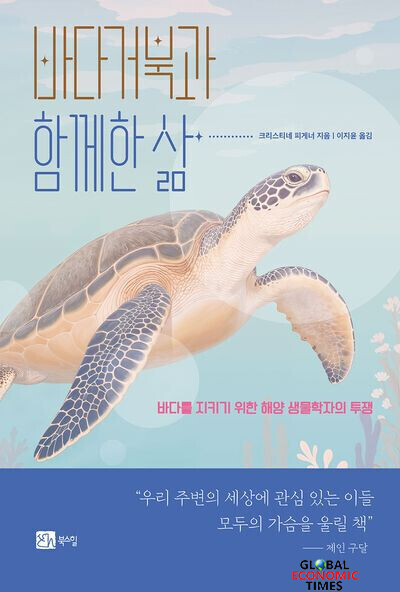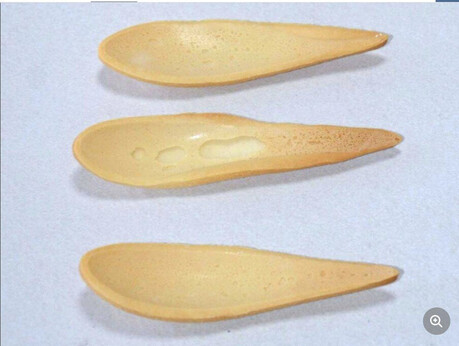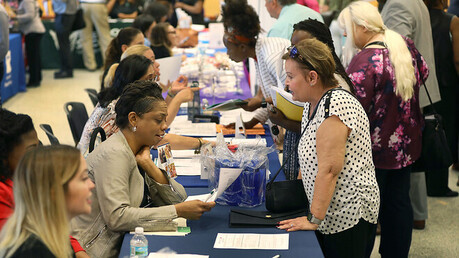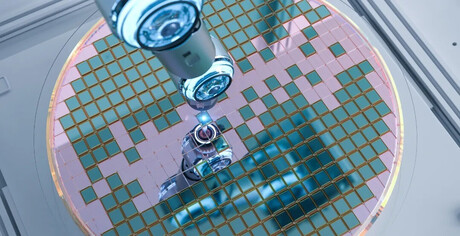
COSTA RICA — A single, agonizing video, viewed over 100 million times worldwide, thrust the crisis of plastic pollution into the global consciousness. It showed a research team in Costa Rica struggling to remove a plastic straw lodged deep within the nostril of a sea turtle, an ordeal that lasted over seven minutes and drew blood, revealing the hidden cost of human waste. The woman behind the camera, marine conservation biologist Christine Figgener, has now chronicled her life on the front lines in her book, "My Life with Sea Turtles: A Marine Biologist's Quest to Protect One of the Most Ancient Animals on Earth" (The original book mentioned in the article is 바다거북과 함께한 삶 by Christine Figgener).
Figgener's memoir is a deeply personal account of her dedication to ocean life, which began far from the sea in her native Germany. Despite her upbringing, a childhood dream of becoming a marine biologist led her to study the field in Germany and the U.S. Yet, it was the raw, unpredictable reality of conservation work in the field, not the sterile environment of the lab, that truly captured her heart.
Life on the Front Lines in Costa Rica
The path led her to Costa Rica, where she eagerly joined a sea turtle protection project. Her daily work was rigorous, involving cleaning debris from beaches, building artificial nesting sites for turtles, and tagging various species for research.
But her commitment was tested by harsh realities. Figgener writes candidly about the difficulties: suffering injuries from the animals she sought to protect, the profound loss of a colleague to poaching, and the overwhelming despair when faced with the relentless tides of plastic pouring into the ocean from across the globe.
"We can't just stop at banning plastic straws," Figgener has noted in her continued advocacy, viewing the straw as a symbol of humanity's disposable culture. The viral video, filmed around a decade ago, sparked the global "anti-straw" movement, leading to significant corporate and legislative changes. But as Figgener’s ongoing work highlights, the problem extends far beyond a single item, with other marine animals being found with plastic forks, packaging, and microplastics ingested in fatal amounts.
A Message of Hope and Perseverance
Despite the heartbreak and the feeling of helplessness that often accompanies conservation work, Figgener's message is one of fierce perseverance. She passionately argues that giving up is not an option for a sustainable future. Her book balances the darker moments with charming anecdotes—tales of tiny, newly hatched sea turtles making their perilous journey to the sea, and the inspiring, everyday dedication of fellow conservationists operating in remote, challenging environments.
Figgener’s journey, from a marine science student to an international advocate, serves as a powerful testament to the impact one individual can have. Her work in documenting the undeniable damage caused by single-use plastics has become a vital catalyst, forcing a global reckoning with our consumer habits.
The memoir is not just an appeal to end plastic use; it’s an empowering narrative for the next generation. It is highly recommended reading for anyone aspiring to a career in environmental protection or for those simply seeking a moving, authentic story about fighting to protect the planet’s most ancient creatures. It calls on all of us to recognize that the small, seemingly insignificant choices we make—like choosing a coffee-cup lid over a straw—can have a massive, life-altering impact on the world’s oceans.
The book, originally titled "Meine Reise mit den Meeresschildkröten" in German, has been translated into English as "My Life with Sea Turtles." Figgener, a German marine conservation biologist, is widely recognized for her tireless work against plastic pollution and for the empowerment of women in STEM.
[Copyright (c) Global Economic Times. All Rights Reserved.]




























